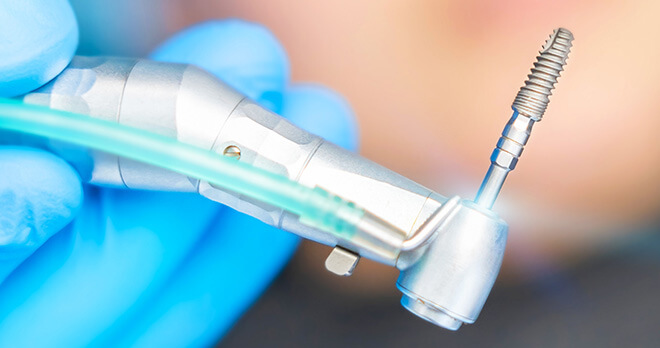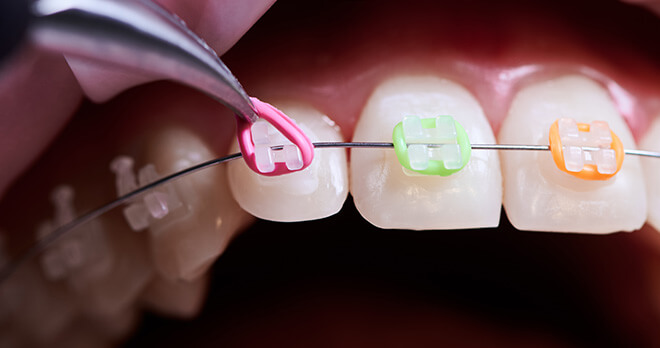Did you know that your NHS dentist is not employed by the NHS?
Most of the dentists who treat you on the NHS are not employed by the NHS directly.
For many years the profession of dentistry has been seen as an adjunct to NHS care. Most people pay, albeit subsidised a fee, for the treatment through the NHS’s banding system.
Most people go to their dental practice thinking that they are getting NHS treatment and that if any problems arise the NHS will sort it out. This is not the case. Most Dentists are self-employed and are contracted to a Dental Practice to perform a certain amount of treatment, called Units of Dental Activity (UDAs). The Dental Practice can then claim back money from the NHS for the UDAs performed by the dentists. For example, back in 2010, if a patient needed one filling in a course of treatment then this would equate to the dentist claiming 3 UDAs. However if a patient required five fillings and an extraction, as long as it was all still within one course of treatment, the dentist could still only claim 3 UDAs. The system of UDAs was designed to stop dentists from claiming for each individual item of treatment.
Dentists are self- employed and therefore each dentist must have their own indemnity insurance Each individual dentist is responsible personally for the treatment they provide and when something goes wrong, it is not generally the Practice’s fault. However, if a customer complains, the Practice will try to sort out a complaint because it is the customer facing entity but they will be incentivised to try and deal with it in the cheapest way possible.
By way of an example; our law firm recently acted for a client who had received negligent root canal treatment. At first, the client had complained to the Practice. The Practice principle had dealt with the matter and told the client that these treatments simply may not work sometimes and no other remedies were offered to help our client Whilst it is true that sometimes these treatments fail, with the help of expert evidence, we established that the root canal treatment had been negligently performed and, that the tooth would not have been lost had the treatment been performed to a reasonable standard. Our client was going to lose one tooth and was facing a hefty implant treatment bill, however, because we were able to bring a successful dental negligence claim, our client was able to claim compensation from the dentist, via his ‘insurer’ directly which allowed him to pay for the required treatment.
When something goes wrong with dental treatment, whilst a patient is entitled to make a complaint, it is often more beneficial for a patient to bring a claim if they are seeking a financial remedy, rather than make a complaint.
Got a question?
You can call the team on 0800 923 2080 or message them to understand more about you potential compensation claim for dental negligence. We will get back to you at a time that is convenient to you.
Common claim types
Insights and opinions
View more articles related to Cosmetic dentistry, Crowns and bridges, Dental implants, Dental nerve damage, Extractions, Gum disease, Information, Mouth cancer, Orthodontics, Root canal treatment, Tooth decay and Wisdom teeth










